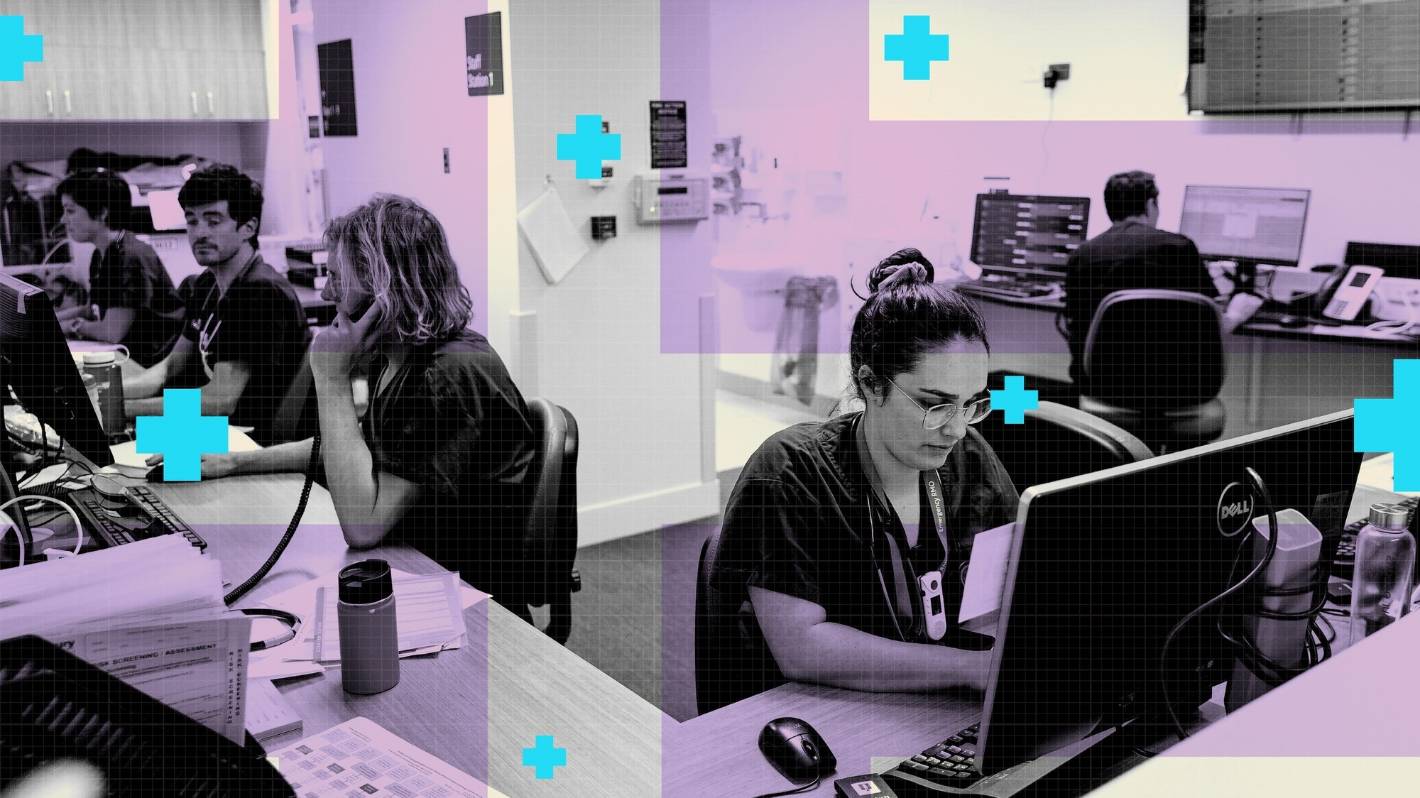- August 12, 2022
- No Comment
- 6 minutes read
'Unprecedented' jump in complaints to health and disability watch dog – Stuff

An “unprecedented” jump in complaints to the country’s health and disability watch dog comes as doctors fear becoming scapegoats for a rising tide of unhappy patients.
Last week Health and Disability Commissioner (HDC) Morag McDowell revealed complaints had increased by about 825, or 25% to 3413 in the 2021-22 year, in a statement on the office’s website.
“The pressure the health care system is under is reflected in the rising volume of complaints to my office, which showed an unprecedented 25% increase in 2021/22.” McDowell said.
In a July 20 letter seen by Stuff senior doctors at Te Whatu Ora Auckland (formerly Auckland District Health Board) were told they would get “maximal” support in the event of complaints “where the issue at hand is related to aspects of operating in the current environment…”
READ MORE:
* Health and Disability Commission is keeping close eye on in-home health provider
* Scan error caused ‘unacceptable delays’ in woman’s liver cancer diagnosis
* ‘Systemic issues’ in Auckland DHB discharge process led to woman’s stroke
“We can assure you that [Te Whatu Ora Auckland] will do its utmost to ensure that responsibility is not inappropriately attributed to individual practitioners…where it was beyond their ability to provide a higher quality of service because of a lack of resources,” the letter, signed by chief medical officer Margaret Wilsher, interim district director Michael Shepherd and chief quality, safety and risk officer Mark Edwards, said.
The trio acknowledged the high numbers of complex patient presentations and significant resident medical officer and nursing shortages.
“Like you, we cannot remember a time when the system has been under such strain.”
In a statement to Stuff Shepherd said additional pressures of absences due to illness and vacancies meant staff “may not feel they can always deliver the highest quality care and standards that they would like to”.
“…as an organisation we’re doing everything we can to support them.”
He said patient safety was “always our priority”.
“…we want to assure our community that if they or their loved ones need urgent hospital-level care, they will receive it. ”
McDowell said the impact of Covid-19 on the health and disability system was the main driver of the increase in complaints.
A majority of complaints are referred back to health providers to be resolved.
Where a complaint is formally investigated, this process can “often take about two years”, according to the HDC website.
Christchurch-based independent health advocate Jane Carrigan said the HDC system was not funded adequately and wasn’t “fit for purpose”.
“[The increase in complaints] is the tip of the iceberg as most people don’t have the energy to complain.”
Carrigan mainly represents families caring for severely disabled children and said many family carers and their loved ones have been let down by the system.
“I often tell people not to bother [complaining to the HDC]. Until the systemic issues are addressed nothing is ever going to happen.”
Carrigan believes fines against Government funded organisations found to have breached the Health and Disability Code of Rights would be more likely to result in improvements in care.
McDowell said 26% or 879 of the 3413 complaints were about Covid-19-related issues.
In the period July-December 2021 most Covid-19 related complaints related to the Covid-19 vaccine including concerns about the mandate, treatment of unvaccinated people and misinformation about the vaccine spread by a few providers.
Since January there had been an increase in complaints about delays in care and Covid-19-related policies such as hospital restrictions on visitors and mask requirements, the HDC office said.
McDowell encouraged healthcare providers “to communicate with their patients about the reasons for delays, alternative options for care and, where practicable, to provide them with expected time frames.”
New Zealand Nurses Organisation president and kaiwhakahaere Kerri Nuku said staffing shortages left exhausted nurses anxious about making mistakes and being involved in a complaint.
“Our nurses are terrified when they go to work and there are not enough staff for them to safely do their job…”
She said if the staffing problems were not “proactively and immediately” addressed there would be more complaints, and more staff leaving the profession.
“[A nurse] I have just spoken to a few hours ago, she said she just couldn’t take it any longer, she was scared when she went to work, she was thinking of work on her day off.”
Going through a complaint process was “a nightmare” for health care professionals including senior doctors, Association for Salaried Medical Specialists (ASMS) executive director Sarah Dalton said.
“Individual clinicians can’t manage [all risks] when the system is swamped and failing.
“That absolutely adds to the stress because they know they have to respond to complaints, that simply would not have arisen if they were properly resourced.”
© 2022 Stuff Limited

